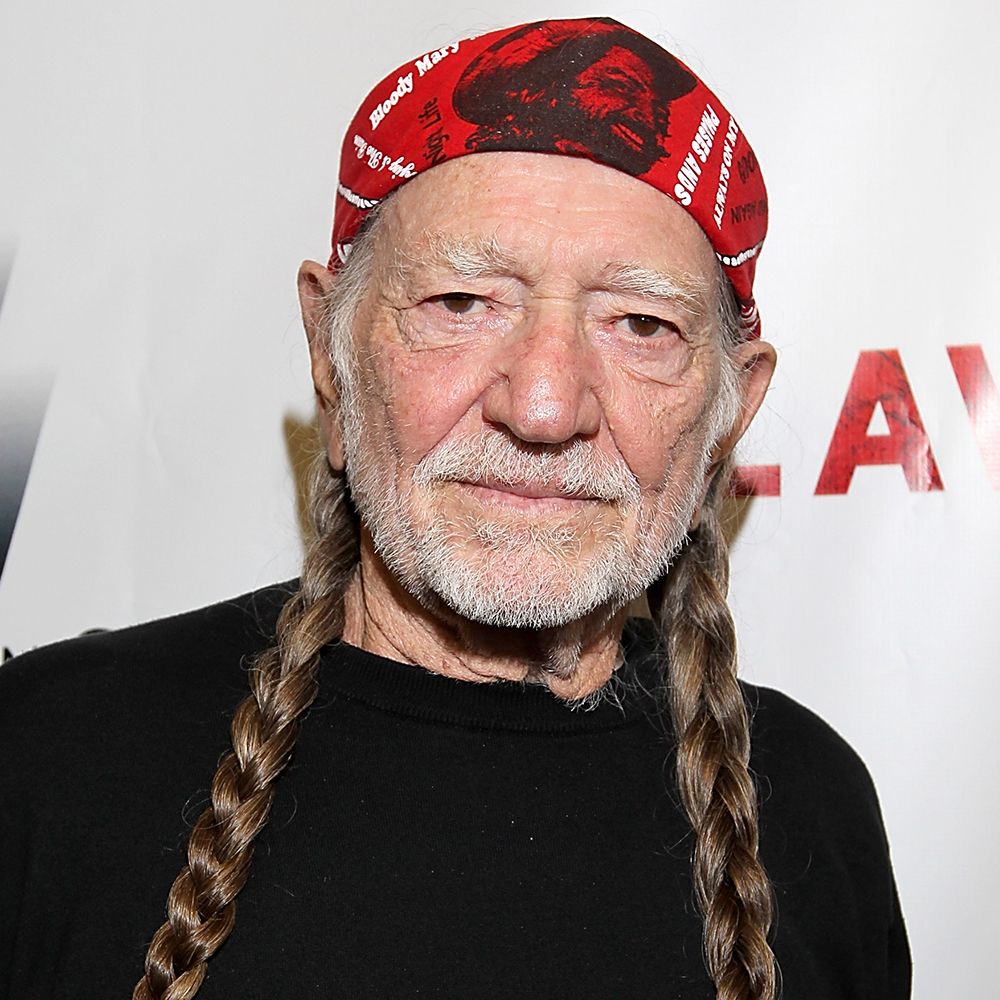Willie Nelson Fires Back at Karoline Leavitt: “My Songs Tell the Truth — You Don’t Get to Rewrite Me”

A Clash Between Music and Politics
In a surprising collision of two worlds, country music icon Willie Nelson has found himself at the center of a heated debate with political figure Karoline Leavitt. What began as a critique about Nelson’s outspoken views quickly escalated into a public showdown, with Nelson delivering a sharp and emotional response that has since ignited discussions far beyond the stage.
“You have no right to rewrite WHO I AM, Karoline,” Nelson declared. “My songs have carried the truth of this country long before you ever showed up.”
With that, the 92-year-old legend, known for decades of music rooted in love, loss, and social conscience, reminded the world why he remains one of America’s most enduring voices of authenticity.
The Accusation

Karoline Leavitt, a rising figure in conservative politics, had accused Nelson of being “silenced” by cultural and industry forces — suggesting that his outspoken support for progressive causes and his longstanding activism had somehow diminished his voice in American music.
But Nelson, never one to back away from controversy, saw the comments as more than criticism. To him, they were an attempt to distort his identity and his legacy. And in Willie Nelson’s world, authenticity has always been non-negotiable.
A Career Built on Truth
Few artists embody the American songbook quite like Willie Nelson. From “On the Road Again” to “Always on My Mind”, his catalog is filled with songs that do more than entertain — they tell stories of resilience, heartbreak, and the struggles of ordinary people.
But Nelson has also been a political voice throughout his career. He co-founded Farm Aid in 1985 to support struggling farmers, spoke openly about marijuana legalization long before it was mainstream, and consistently lent his platform to issues of equality and justice.
For him, songs are not separate from truth. They are truth. And that’s why Leavitt’s suggestion struck such a nerve.
Nelson’s Response Resonates

Nelson’s reply wasn’t delivered through a lawyer or a press release. It was spoken in his own words, with the blunt honesty that has defined him for over half a century.
“My songs come from the heart of this land — from Texas dirt to American highways,” he said. “You don’t get to tell me who I am, and you sure don’t get to rewrite it. If you’re listening, the truth’s been there in the music all along.”
His response spread quickly across social media, shared by fans, fellow musicians, and cultural commentators who praised Nelson for standing firm in the face of political provocation.
Fans and Critics React
On Twitter and Instagram, the reaction was immediate and emotional. One fan wrote: “Willie has always spoken for the people. You can’t silence the truth in his songs.” Another commented: “At 92, he still tells it like it is. That’s why we love him.”
Political commentators were quick to weigh in as well. Some saw the exchange as yet another example of the growing rift between politics and culture, where every statement by a celebrity is scrutinized for its alignment with partisan lines. Others argued that Nelson, with his reputation for independence, had every right to push back.
Beyond Politics: A Question of Principles
What makes this confrontation different from the typical celebrity-political feud is the nature of Nelson’s words. He wasn’t defending an endorsement or a political party. He was defending his very identity as an artist.
For Nelson, music is inseparable from authenticity. The moment someone tries to rewrite his legacy — whether to claim he has been silenced, softened, or reshaped — it becomes more than an argument. It becomes a violation of principle.
“This isn’t about left or right,” one music historian explained. “It’s about the ownership of truth. Willie Nelson has always stood for telling his truth, and he’s reminding everyone that only he gets to define that.”
The Broader Significance
The debate raises larger questions about the intersection of art and politics. Can musicians remain independent voices in a hyper-politicized culture? Who gets to decide what an artist stands for — the artist themselves, or the narratives imposed on them by politicians and pundits?
For Nelson, the answer is clear. No politician, no matter how vocal, can claim ownership of his identity. His songs have already written his truth into the American fabric.
Conclusion: The Truth in the Music
As the dust settles from this public clash, one thing remains certain: Willie Nelson’s legacy is far too deep, too authentic, and too tied to the heart of America to be rewritten by anyone but him.
At 92, his words carry the weight of a lifetime spent blending music with meaning. Whether on the road, in activism, or in moments of quiet reflection, Nelson has never let others dictate who he is.
His retort to Karoline Leavitt was more than a clapback — it was a reminder to fans, critics, and politicians alike: legends are not silenced. They sing. And when Willie Nelson sings, America listens.